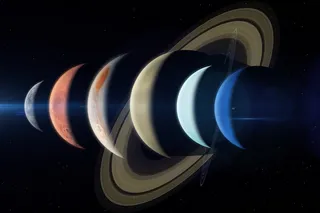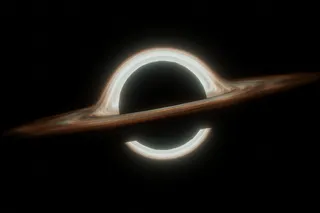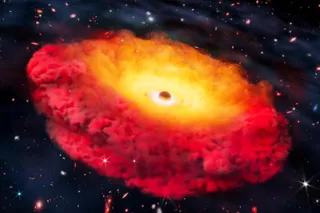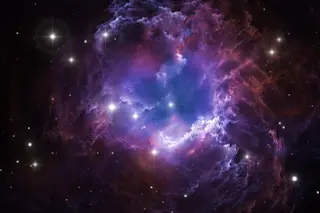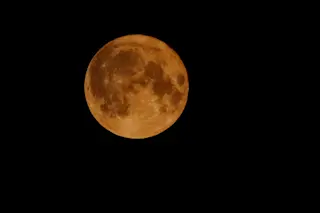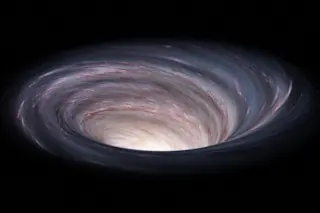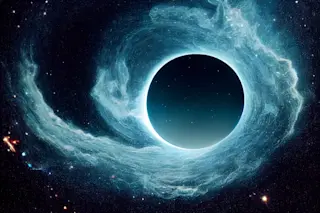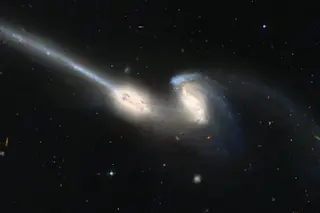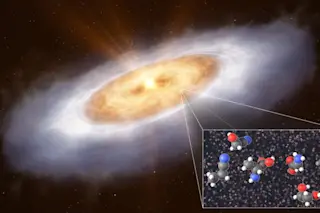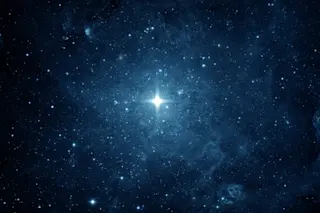Right now, a giant black hole that was born in the early years of the universe is doing something shockingly relatable: taking an extended nap after overeating. In a new study, researchers observed the black hole in a dormant state, having fallen asleep after consuming matter and undergoing a whirlwind period of growth. Its slumber, although uneventful, may deliver answers on the birth and growth of black holes.
An updated perspective on black holes drives the recently published Nature study, featuring a team of international astronomers, led by the University of Cambridge, that made the discovery through the James Webb Space Telescope. The black hole taking center stage in the study originated 800 million years after the Big Bang, early in the universe’s evolution.
As the research team discovered, this black hole is also somewhat of an anomaly due to its staggering size, as it makes up roughly 40 percent ...




